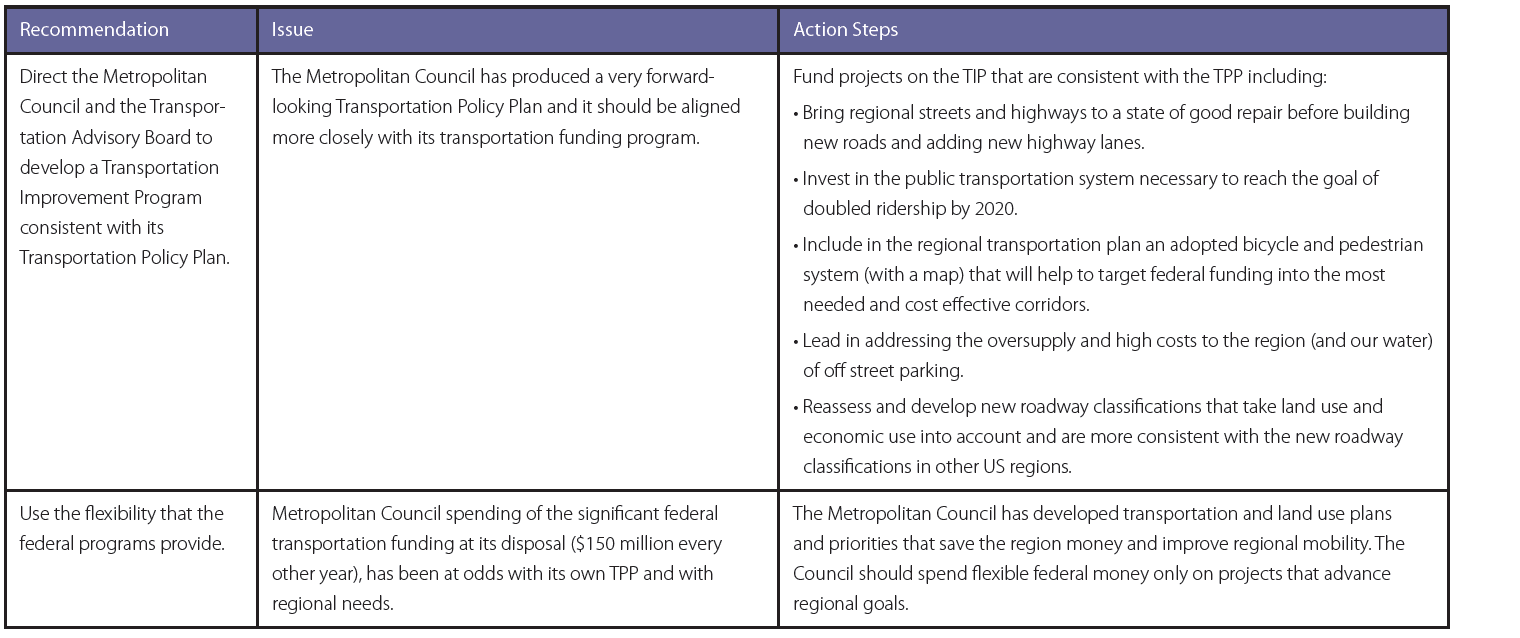
About 1000 Friends of Minnesota
Minnesota needs a transportation system that is safer, enhances and preserves communities, and saves families and businesses money through greater reliance on public transit, bicycling, and walking, and better maintenance of the infrastructure we already have. Transportation is about much more than getting from A to B. It is not an end, but it should be a means for a community to achieve broader goals of economic development, neighborhood revitalization, and environmental sustainability.
View this complete post...
Tags: 1000 Friends of Minnesota, Complete Streets, Governor, Minnesota, MN, MnDOT
Posted in
Aging Infrastructure, Competitiveness, Congestion, Democrat, Environment, Equity, Funding, Land Use, Local, Policy, Pollution, Public Parks & Recreation, Public Transportation, Republican, Roads, Schools, Smart Growth, Sustainability, Tax, Transit, Urban Planning
Comments Off on Investments for a Competitive and Healthy Minnesota: A Playbook for Minnesota’s New Governor













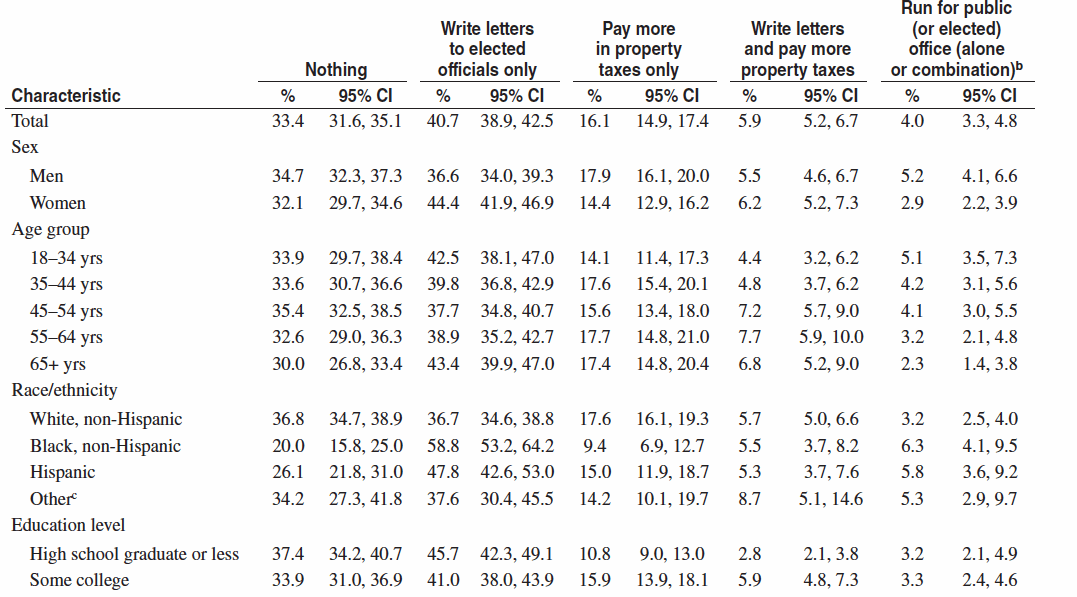

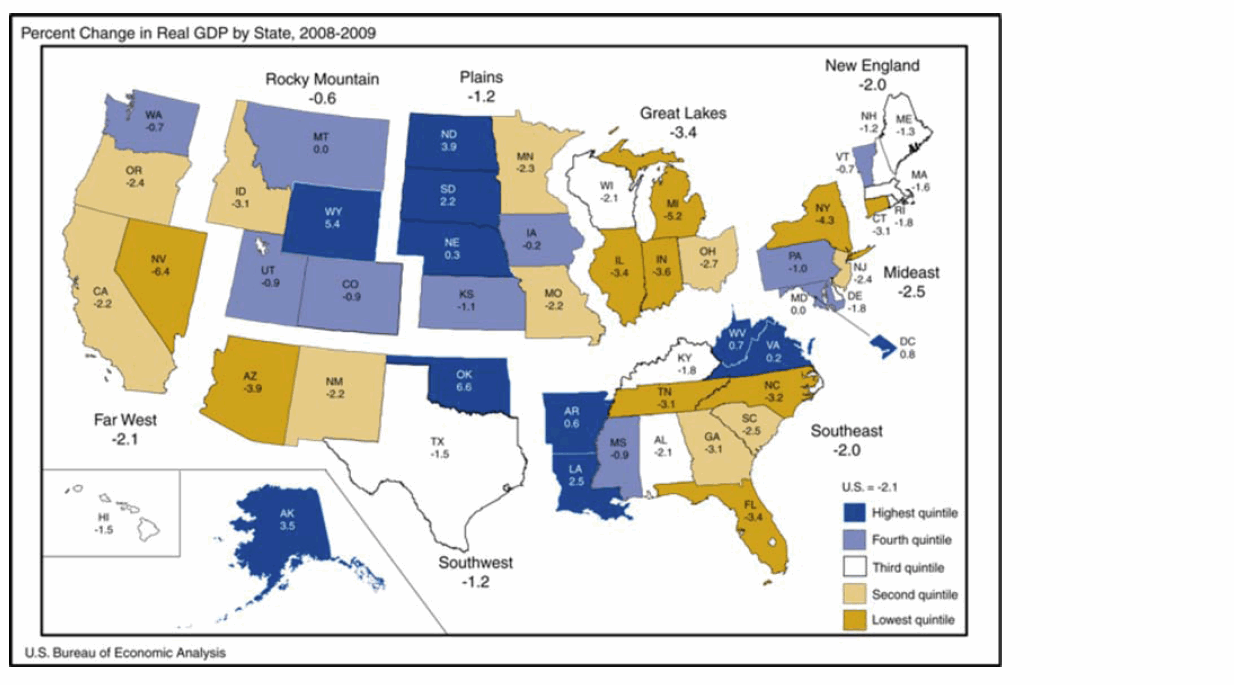
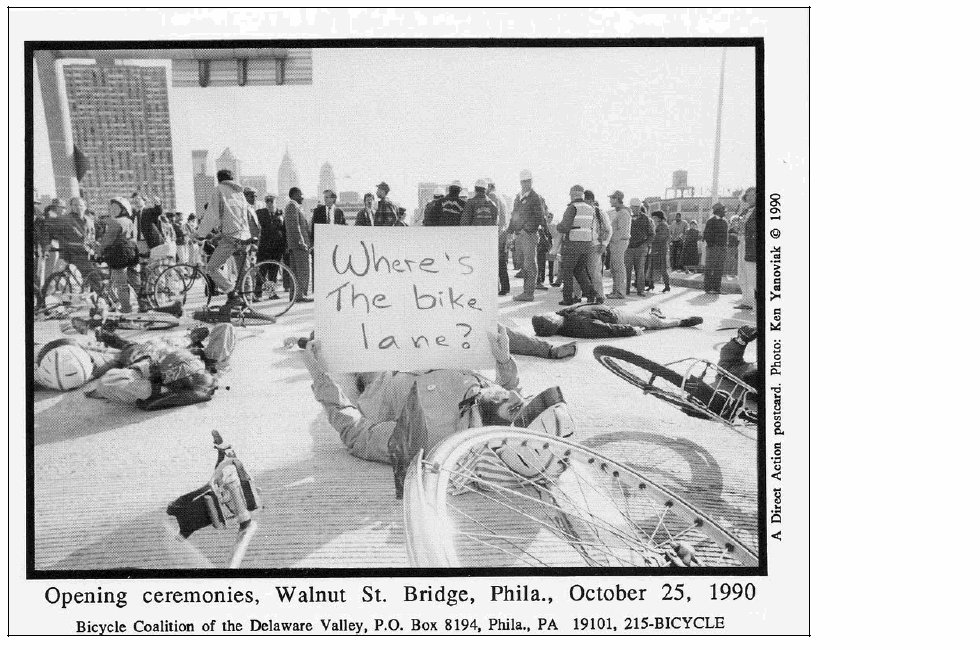
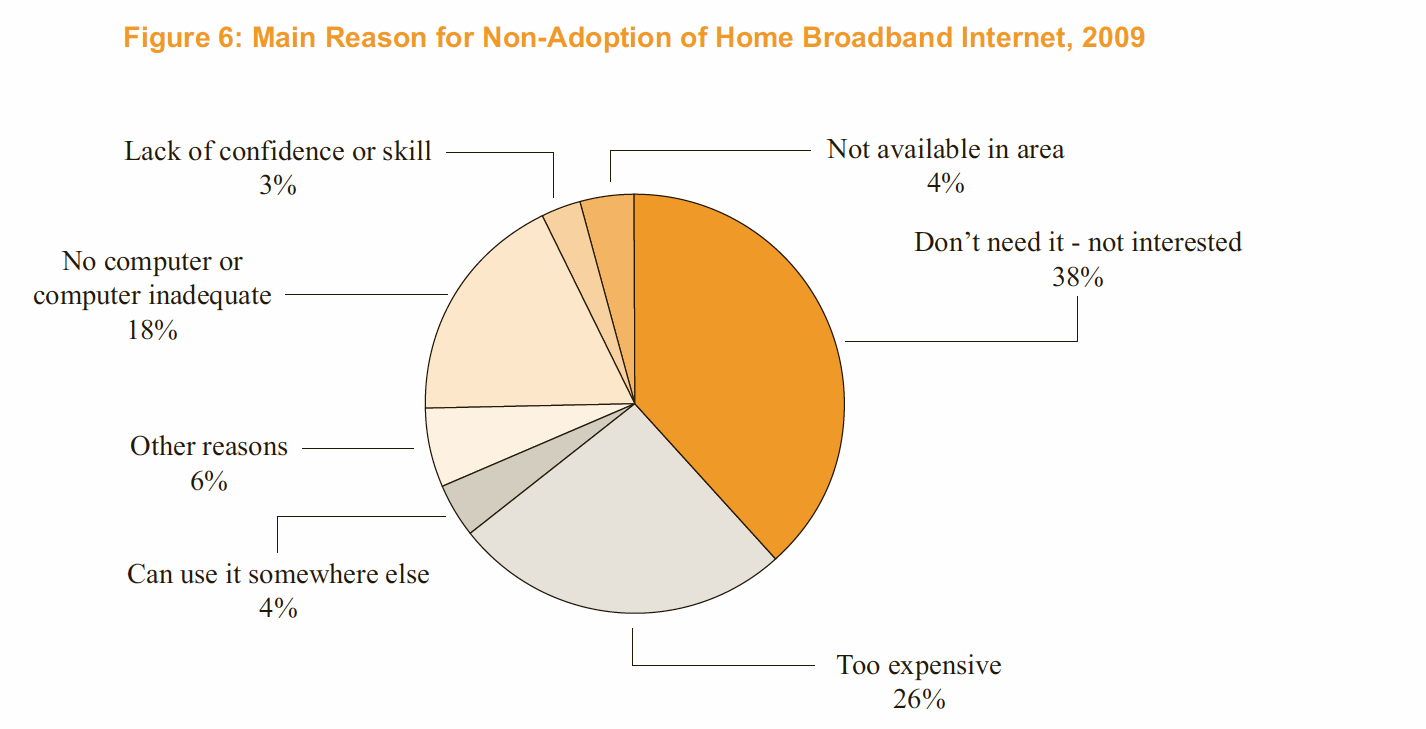
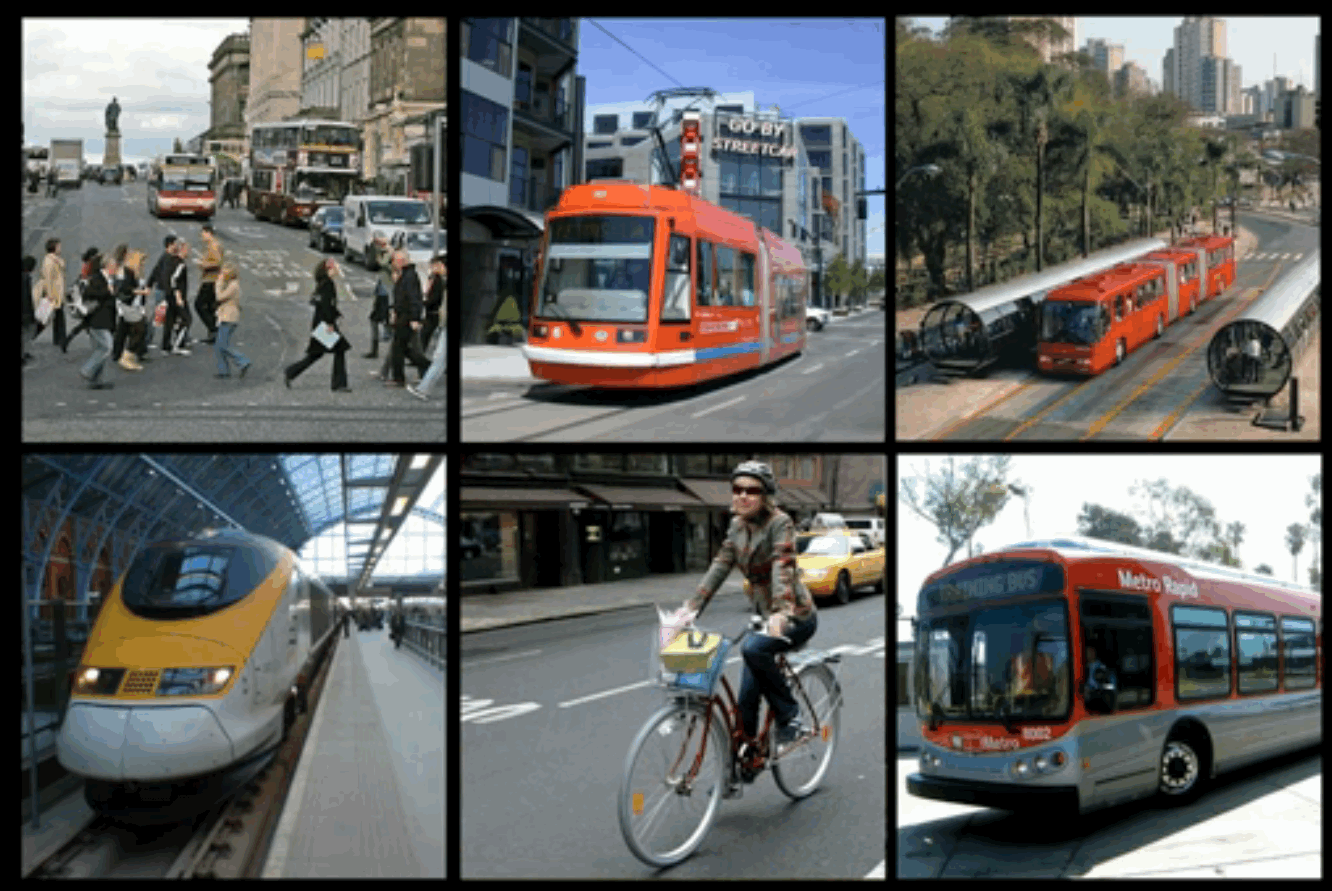


 RSS Feed
RSS Feed